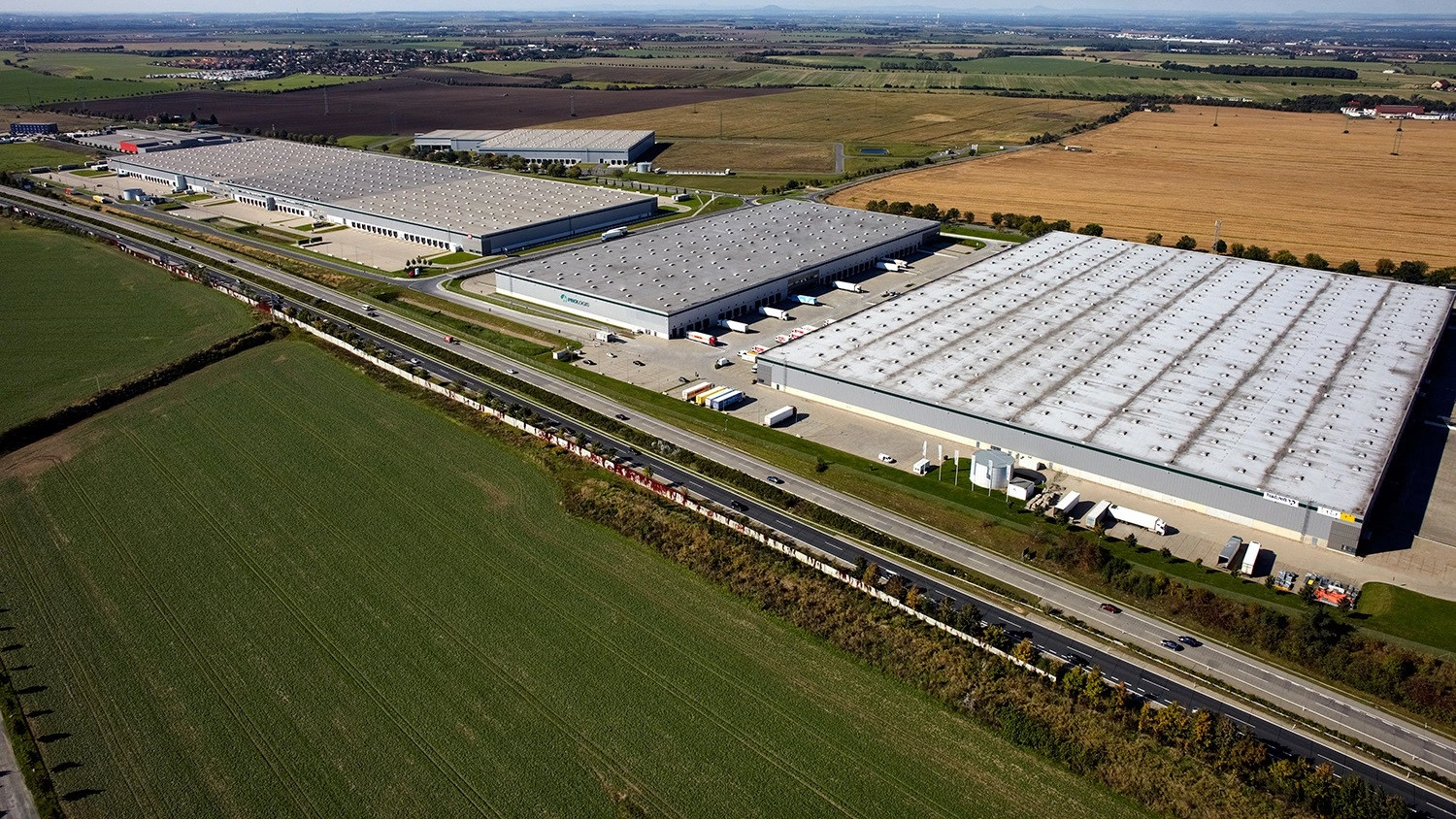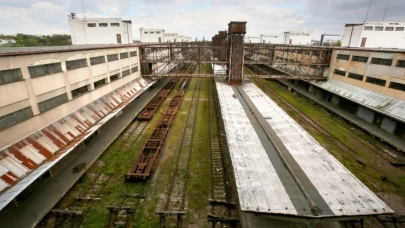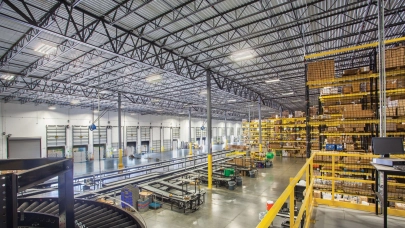
Czech real estate consultancy 108 Agency has published the first edition of an original project that provides an overall summary of the Czech industrial real estate market from the perspective of individual development companies and owners.
The industrial sector affirms its stability in crisis
Despite all the negative impacts of the pandemic, the industrial sector has demonstrated its endurance, stability and future potential. This is evidenced by numerous acquisitions implemented within the domestic market, and also by the arrival of new developers. In 2020, the Czech Republic also became the country with the most environmentally-friendly industrial building, through the Panattoni Park Cheb South project. “Both developers and tenants have expressed increasing interest in environmentally-friendly warehouses and parks, and so we can expect this trend to continue to develop in future years,” says Michal Bílý, an analyst at 108 Agency.
In 2020, a total of 218 transactions involving modern industrial premises were implemented, with the average size of a single lease coming to 3,490 sqm. The largest transaction in terms of sqm involved logistics company Loxxess, which leased 66,294 sqm of industrial space within CTPark Bor. Gross take-up (including renewed contracts) exceeded 1,345,000 sqm and is comparable to previous years.
CTP owns almost 30 % of industrial real estate on the Czech market
As of December 2020, CTP was the company with the largest share of the market in terms of ownership of completed premises, followed by developers P3 and Prologis. Together, these three companies own more than 56 % of all available premium industrial premises for lease. In terms of regions, Prologis has the largest share in the Central Bohemian Region including Prague, owning 586,000 sqm in the Prague-East district, and 372,000 sqm in the Prague-West district, followed by P3 and CTP. In the Plzeň, Ústí, South Moravian, Moravian-Silesian and Olomouc Regions, the largest share of all modern industrial premises for lease is owned by developer CTP. In contrast, P3 is the clear leader in the Hradec Králové Region.
Most construction to take place in the Plzeň and Moravian-Silesian Regions
Almost 3.5 million sqm of industrial space for lease is located in the Central Bohemian Region, representing the largest volume from a regional perspective. The Plzeň and Moravian-Silesian Regions lead, however, in terms of planned future construction, where almost 1.7 million sqm of new industrial premises may be constructed in total. “The popularity of the Moravian-Silesian Region is growing amongst developers. More and more are planning to implement new constructions around Ostrava. Four currently announced projects will offer more than 570,000 sqm of Class A premises for lease after completion. These are the Ostrava Airport Multimodal Park, GLP Park Ostrava Hrušov, P3 Ostrava Central project and the recently announced Panattoni project in Mošnov,” explains Jakub Holec, CEO of 108 Agency.
Over 1.2 million sqm of space is planned to be put on the market by developer Panattoni, followed by CTP and CPI. “If we add together all the projects which are currently under construction today, or whose construction is planned, the Czech industrial market should reach an area of almost 14 million sqm in future,” adds Michal Bílý.
Logistics and warehousing most active sector in terms of new transactions
Gross take-up (including renewed contracts) exceeded 1,345,000 sqm last year, with a net take-up of 815,000 sqm. According to developers, Prologis made up the highest share, at 30 %, followed by CTP with 27 % and P3 with 21 %. Almost half of the transactions were within the logistics/warehousing sector. The largest lease transactions in the logistics sector were implemented in the districts of Tachov, Prague-East, Prague-West and Litoměřice.
Demand reflects the extension of contracts and great interest in short-term leases
2020 can be characterised as a year of short-term leases and the extension of lease contracts. These two categories made up more than half of demand and were particularly focused in the areas around the capital city of Prague, Plzeň and along the motorways. “Evermore companies are realising the quality of their locations and are endeavouring to secure premises for their business for a longer period of between five and ten years,” says Jakub Holec.
Record low vacancy rate in and around Prague
In terms of the balance between supply and demand, the Plzeň Region has the best figures, which despite a high level of new coming tenants still has sufficient opportunities for new construction. The situation is very different in Prague and Brno, where there is a long-term lack of finished projects for further development, and the approach of state administration does not foster development. In the fourth quarter of 2020, the vacancy rate in the Prague-East district came to almost 1.5 %, and to 1.1 % in Prague-West. In terms of tenants, the situation in the Moravian-Silesian Region is of interest, where supply is much greater than demand. This is one of the few regions where we do not see a rapid increase in rent, due to a number of rival development projects.
Lengthy approval processes complicate new construction
Approval of industrial construction takes a number of years in the Czech Republic. In addition to the complex approval process itself, another obstacle is the frequent unwillingness of local authorities to support this type of construction, and the municipalities’ lack of interest in developing industrial zones within their territory. “We believe this situation would be much improved if taxes from companies producing or operating their services in these industrial zones were more fairly distributed to build up local budgets, as happens in neighbouring Germany,” says Robert Sgariboldi, head of 108 Agency’s Industrial Leases division.



